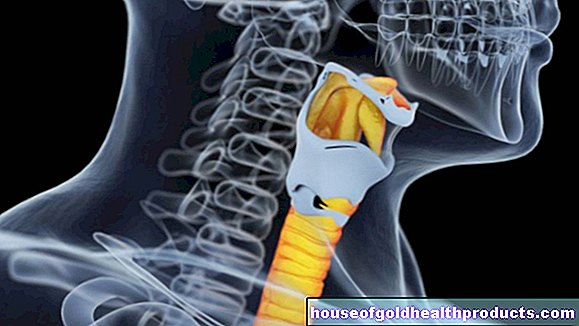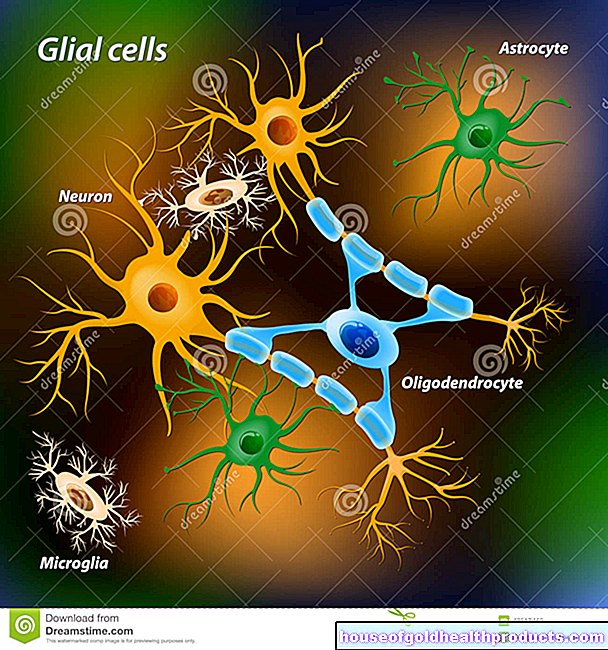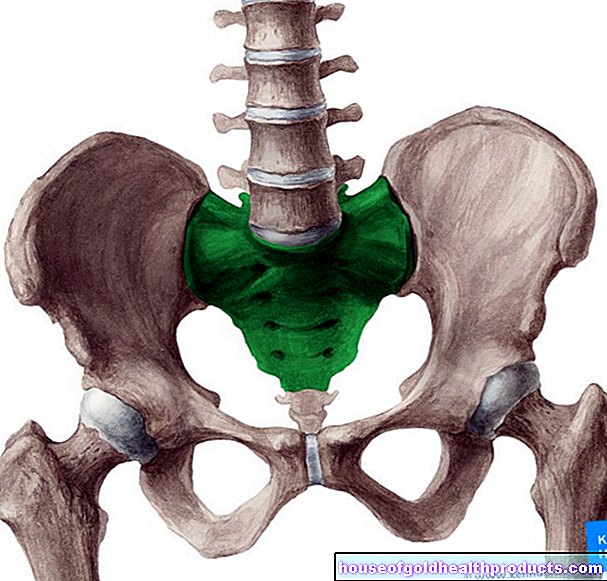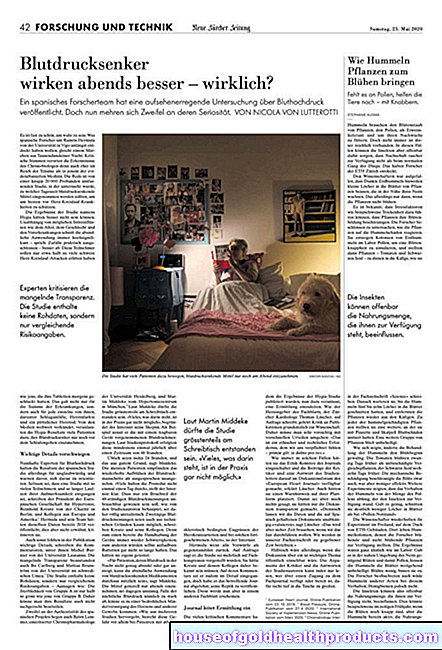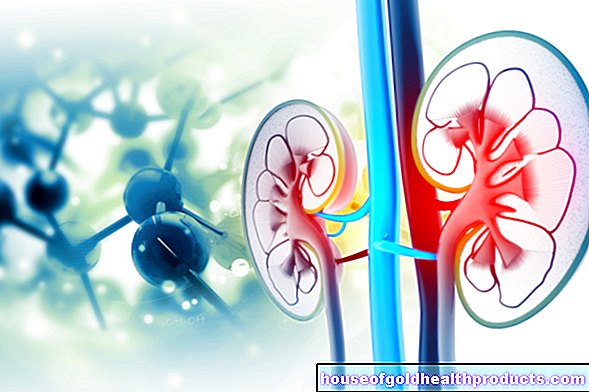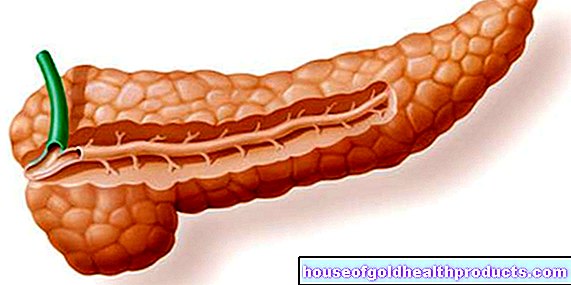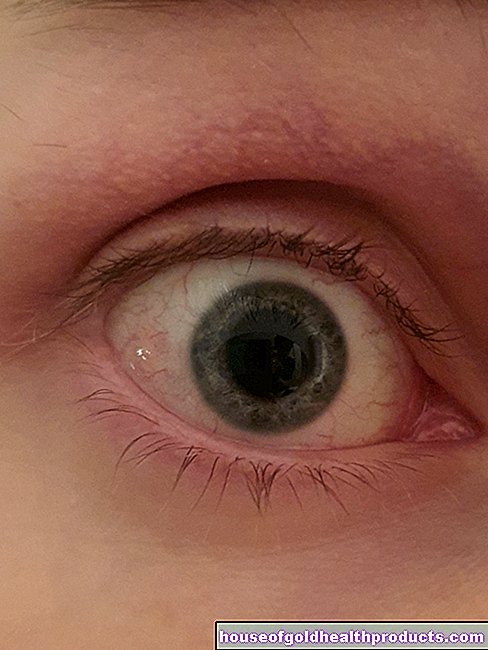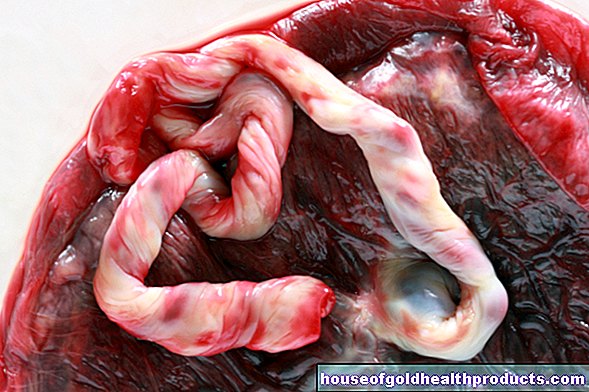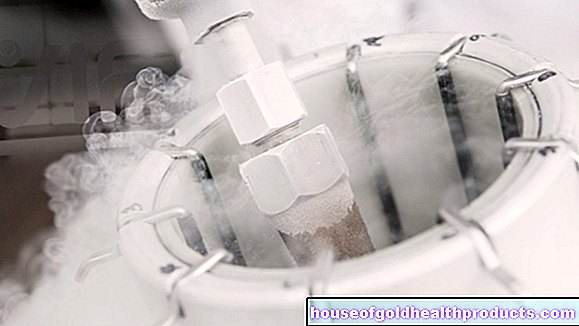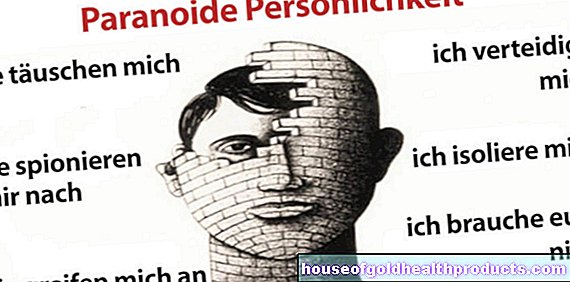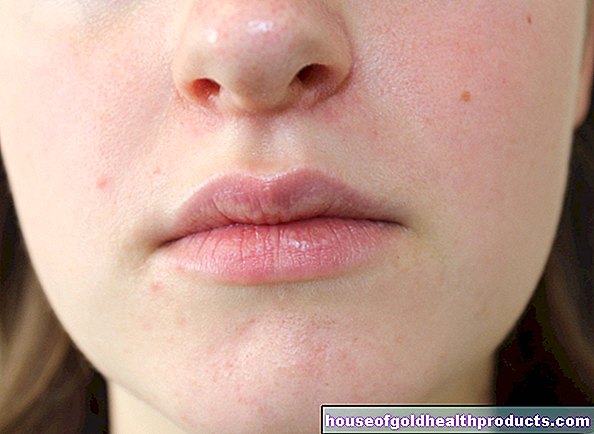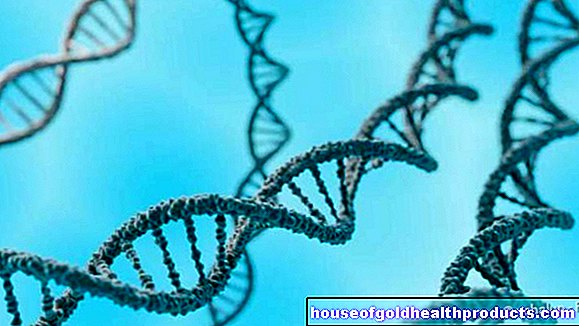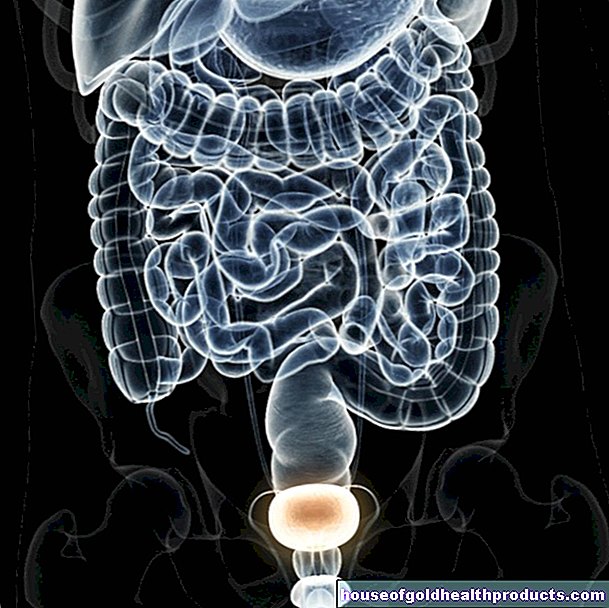"We are puppets of our intestinal microbes"
Dr. Andrea Bannert has been with since 2013. The doctor of biology and medicine editor initially carried out research in microbiology and is the team's expert on the tiny things: bacteria, viruses, molecules and genes.She also works as a freelancer for Bayerischer Rundfunk and various science magazines and writes fantasy novels and children's stories.
More about the experts All content is checked by medical journalists.Trillions of microbes cavort in the intestines of every human being. Their influence reaches into the brain. What effects does this have on the human psyche?
Man is never alone. An estimated 40 trillion tiny roommates live in its intestines: intestinal bacteria. Together they weigh two kilos. So they weigh more than the human brain. And it is precisely this organ that the microbes possibly influence in unexpected ways.
"Just as the woodcarver Geppetto lets the wooden puppet Pinocchio dance through the room on strings, the intestinal microbes control us." Prof. John Cryan from University College in Cork, Ireland likes to formulate his theses on the influence of microbes on the brain in a provocative way.
The neurologist with the round face and black wire-rimmed glasses himself has a certain resemblance to the cute microbe drawings in his lectures. With his research team, he has already found indications in various studies as to how strongly the helpers in the intestine could affect the psyche.
Transferring feelings with feces
For their current experiment, scientists transferred intestinal germs from people with depression to laboratory mice. To do this, they gave the animals the cleaned faeces of the patients, in which a lot of microbes romped about.
In order not to falsify the effect, the researchers bred germ-free mice specifically for this purpose. This means that not a single microorganism actually lives in or on these animals. "The easiest way to find out how something is influencing it is to just remove that factor," says Cryan. So you can quickly see what happens then. Because sterility cannot of course be achieved with human test subjects, the scientists work with animal models.
In fact, the animals changed their behavior as a result. They reacted more fearfully than before. Mice that received the microbes from mentally stable people showed no symptoms of depression.
Trauma leaves its mark on the intestines
But can the results from such animal experiments be transferred to humans? In fact, there are various studies that have shown that the gut microbiome is different in people with mental illness compared to healthy people. This applies to depression as well as autism or schizophrenia.
However, this connection does not yet prove that the changed composition of the intestinal microbiome also triggers the disease. For example, it could also be that the intestinal flora changes as a result of the mental disorder.
However, another study by Cryan and his team speaks against this. “We can read from the microbiome whether someone was exposed to severe psychological stress in their early life,” says the researcher. Examples are traumatic experiences such as abuse, neglect or death of a parent.
The scientists then discovered typical changes in the “intestinal community”. That is, certain microorganisms were more common than in people who had experienced less stress. Other bacteria were less common.
In fact, children with traumatic experiences are more likely to develop mental illnesses later. The changes in the intestinal flora that Cryan and colleagues have found could possibly also play a part in this.
Stool transplantation for autistic people
Rosa Krajmalnik-Brown from the Biodesign Institute at Arizona State University also believes in the influence of the intestinal inhabitants on psyche and personality. She transferred the mix of microorganisms from healthy donors to 18 autism patients between the ages of seven and 16 years. Using an endoscopy, similar to a colonoscopy, a doctor brings the cleaned, healthy stool into the patient's intestine.
That sounds a bit disgusting at first, but it certainly had an effect. The social skills of the young subjects improved by an average of 20 to 25 percent. In fact, the composition of the tiny inhabitants of the intestine had changed as a result of the treatment. The diversity increased, especially one specific genus increased: so-called Prevotella bacteria, which normally colonize the intestines in autistic children in small numbers.
Mentally more stable through yogurt?
If an unbalanced intestinal colonization really makes you sick, the question naturally arises as to whether you can settle new roommates in order to be healthier. So-called probiotics contain living microorganisms. Lactobacillus and Co., for example, can be found in every yoghurt and many manufacturers advertise a health-promoting effect, even if not directly related to the psyche. Can these foods actually work on the brain?
To answer this question, Cryan's aseptic laboratory mice come back into play. “We fed the animals certain lactobacteria. They then reacted less intensely to stress. They acted like they were on Valium, ”said Cryan. In parallel to the changed behavior, the researchers were also able to detect measurable changes in brain activity.
However, the experiment did not work in humans. In some women who had drunk a probiotic yoghurt drink, there was an altered brain activity in the same areas as in the mice. The probiotics had no effect on the other test subjects. “The effect may be very individual. It seems that some bacteria work for some and not for others. "
Multi-cultural in the intestine
Regardless of the probiotics, diet in general also seems to have an impact on the gut microbiome. "We know that eating habits also affect the inhabitants of the intestines," says Cryan. For example, fiber promotes the diversity of the small roommates, while fatty foods tend to reduce this.
There are many indications that the most colorful possible microbe community has a positive effect on health. Because in most patients with mental and physical illnesses, the biodiversity in the intestine is reduced.
Even if many questions in microbiome research are still open, Cryan recommends: “You should eat as varied and balanced as possible. Also so as not to harm the psyche. ”The neuroscientist is convinced that the tiny roommates pull many strings in our brain. Future research must reveal how great their influence actually is.
Tags: digital health magazine unfulfilled wish to have children